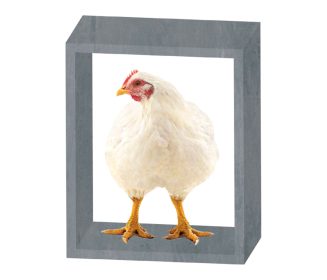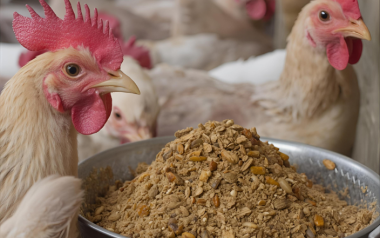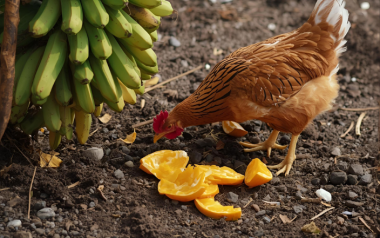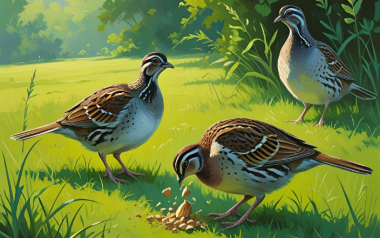Sources: Available upon request.
31 May 2024
Riboflavin deficiency in chickens
Vitamin B2, also known as riboflavin, is an essential nutrient for poultry health. It plays a crucial role in various metabolic processes, including energy production, growth, and maintenance of tissues.
Vitamin B2, also known as riboflavin, is an essential nutrient for poultry health. It plays a crucial role in various metabolic processes, including energy production, growth, and maintenance of tissues. When chickens lack sufficient vitamin B2, they can develop specific symptoms related to nervous system dysfunction and overall health. Let’s explore the signs, causes, and prevention of vitamin B2 deficiency in chickens.
Signs of vitamin B2 deficiency
- Curved feet and paralysis: One of the typical clinical signs of vitamin B2 deficiency is the development of curved feet due to paralysis. Initially, the feet may be slightly flexed, and affected chicks tend to stay on their hocks. In moderate cases, there is marked leg weakness and varying degrees of foot flexion. In severe cases, the feet are completely curved downward or inward, leading to complete leg weakness.
- Neurological symptoms: Vitamin B2 deficiency affects the nervous system, leading to weakness, tremors, and impaired coordination. Chickens may exhibit head tremors and general weakness.
- Reduced hatchability and egg production: Adult birds suffering from vitamin B2 deficiency experience decreased egg production. The ovaries may contain only small follicles, some of which show signs of hemorrhage. Hatchability also declines, and embryonic mortality increases.
- Ocular changes: Vitamin B2 deficiency can cause eye-related issues. Birds may develop a watery discharge from their eyes initially, followed by the accumulation of milky white, cheesy material. Severe cases can lead to blindness.
Causes
- Dietary insufficiency: Vitamin B2 deficiencies often occur due to inadvertent omission of a complete vitamin premix from the birds’ diet. Ensuring an adequate dietary supply of vitamin B2 is essential. Microencapsulated forms of riboflavin (gelatin or starch-coated) are commonly used to prevent deficiencies.
- Storage and feed quality: Vitamin destruction in feeds depends on factors such as time, temperature, and humidity. For most feeds, vitamin efficacy remains stable over a 2-month storage period within mixed feed.
- Maternal transfer: Chicks inherit some vitamin B2 from their breeder hens. Depending on maternal vitamin A levels, chicks may not show signs of deficiency for up to 7 weeks.
Conclusion
Vitamin B2 deficiency in chickens can have serious consequences, affecting their overall health, reproduction, and locomotion. Proper nutrition, including adequate riboflavin supplementation, is crucial for preventing these issues. By addressing vitamin B2 deficiencies, poultry farmers can maintain healthier flocks and improve productivity. Remember that providing a balanced diet with the necessary vitamins is essential for raising healthy chickens.







































